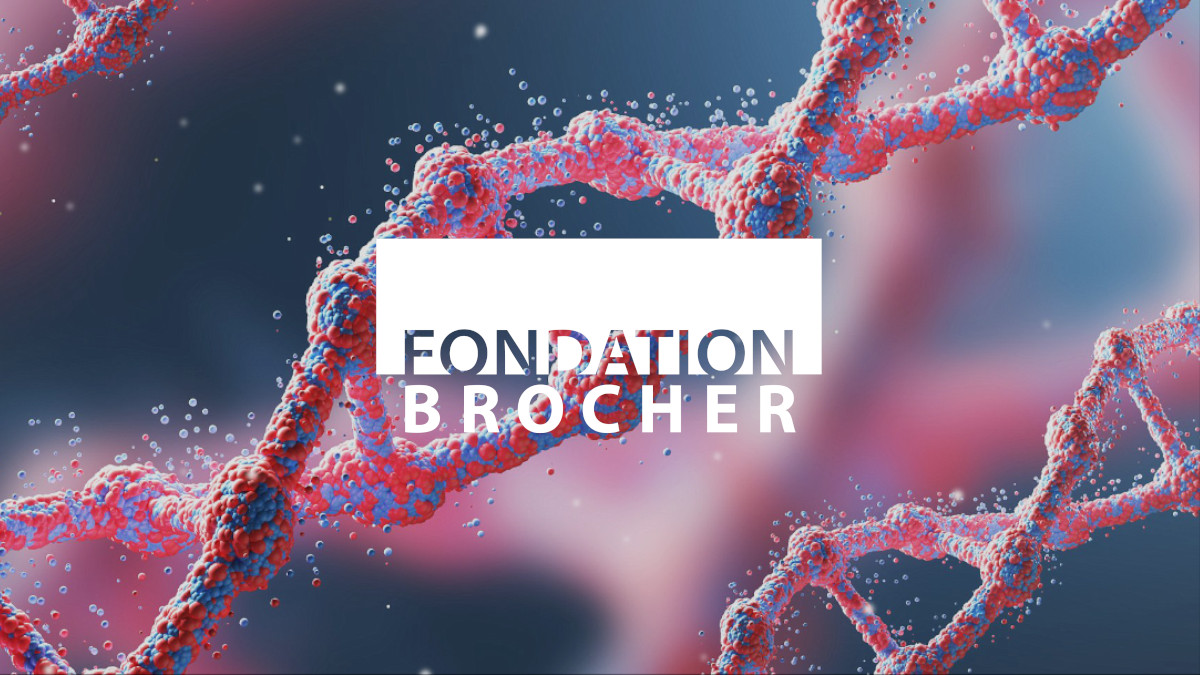With the rapid evolution of medicine and biotechnology, bioethical issues arise in almost all aspects of these disciplines. Here are some examples where health care providers, government and society as a whole need to reflect on the ethical, philosophical and social implications of new scientific discoveries.
ART and human reproduction
Assisted Reproductive Technology, or ART, refers to all biological or medical practices that make it possible to carry out the parental project of a couple who have difficulty in having a child in a ‘natural’ way. In vitro fertilisation, embryo reception and artificial insemination are among the most widespread techniques in the world and authorised by all bioethics laws. Bioethics rules in France still prohibit ROPA, post-mortem human reproduction and surrogate motherhood on its territory.
Bioethical questions on ART do not question the effectiveness of these techniques. Rather, they seek to verify their conformity with the fundamental principles of universal ethics, morality and current cultural and social norms. The bioethics law resulting from this reflection thus defines the legalized practices in France, as well as the profile of couples authorized to benefit from ART.
Organ donation
The bioethics laws in France on organ donation are based on three main principles: free of charge, presumed consent and anonymity. All French citizens are considered as potential donors, unless they register on the national register of refusals. The identity of the recipient and the donor is kept secret.
No organ donation in France can be remunerated. In addition to these basic principles, the decrees implementing the Bioethics Act lay down the procedures for selecting donors, removing organs and setting up the committees responsible for authorising removals.
Biotechnology applied to humans
Human biotechnology includes all innovative processes dedicated to medical activities, including the development of gene therapies, the manufacture of messenger RNA vaccines and the production of biotech drugs.
These sectors are revolutionising the treatment of diseases, some of which are considered incurable. Bioethics makes it possible to delimit the scope of action of these innovative processes.
Genetic engineering and experimentation
Since the discovery of the structure of DNA in 1953, the study of genetics has given rise to many inventions that are as exciting as they are disturbing. Some genetic engineering techniques, such as DNA sequencing and genetic testing of animals by the Genimal Biotechnologies laboratory, have been widely acclaimed.
However, other processes raise bioethical questions. This is particularly true of the CRISPR/CaS9 system, a revolutionary technique that makes it possible to modify any DNA.
Interventions in non-human beings and non-human environments
Thanks to CRISPR/Cas9, scientists have the power to modify the human genome and also to intervene in non-human beings and environments. This technology has introduced targeted mutations into animals, plants and bacteria by integrating a foreign DNA sequence into their chromosomal stock.
These genetically modified organisms, or GMOs, have new properties that are very different from their natural characteristics. How can we determine whether these genetic modifications go too far? Bioethics guides political, economic and social thinking on this subject.
Utilitarian bioethics’ critique of anthropocentrism
The principle of benevolence is one of the key elements of bioethics. Simply put, mainstream thinking holds that a scientific innovation can be bioethical if it brings more benefits than harms. This comparative assessment of risks and benefits is obviously based on a logic of anthropocentrism, where the needs of humans are superior to those of other elements of the universe.
More and more voices are being raised to break the straitjacket of utilitarian bioethics. Instead of framing bioethical debates around the desires of the human race, these activists, philosophers and politicians want to give more space to the conditions of other species and of nature as a whole.
https://www.museum.toulouse.fr/-/crispr-cas-une-technique-revolutionnaire-pour-modifier-le-genome
https://www.service-public.fr/particuliers/actualites/A15052






